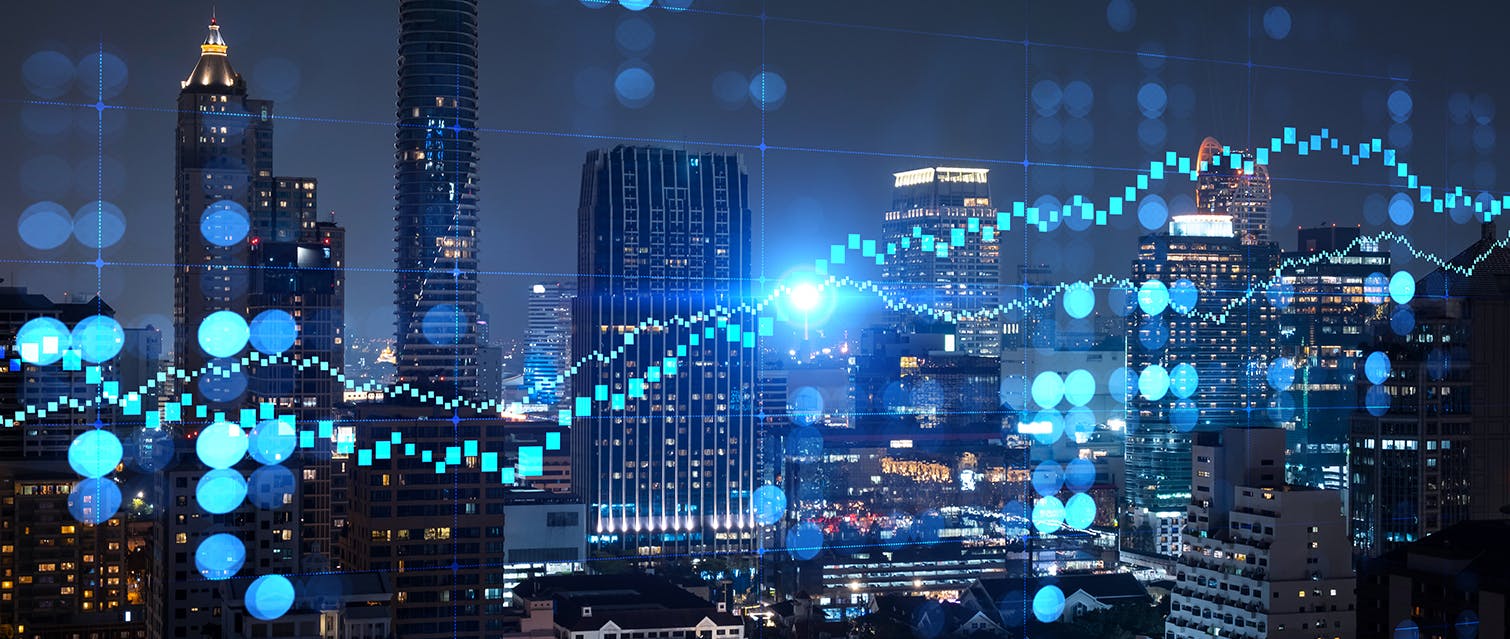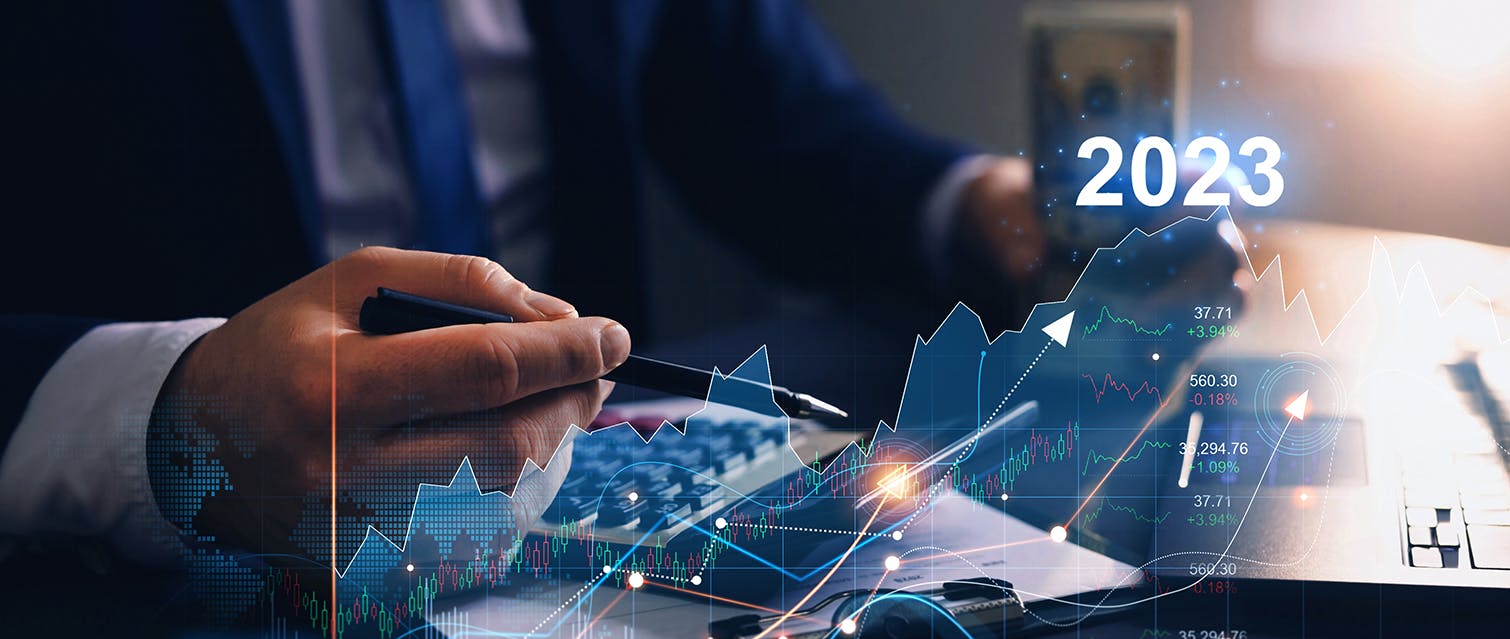Home | Blogs | Nature Of Economy And Its Origin Development And Economic Theories
Nature Of Economy And Its Origin Development And Economic Theories
The economy and the global economy; what are its indicators and what is the meaning of economic complexity, how the strength of countries are measured economically and what is economic growth and other terms that are always centered around the economy and money. It is one of the basics of understanding many processes taking place on the surface of our planet and there are research, books and theories that can fill a lot of libraries, so and to simplify the matter, we will talk through a series of articles about the nature of the economy, its origin and development and some theories, and then we will discuss later on growth, economic complexities, approaches to change, and others.

At the beginning of this concatenation, we will begin to understand the meaning of economics…
To begin with, economics is a Greek word (οἰκονομία oikonomía) meaning: family management and combines two words oîkos which is family and némō which is distribution and appropriation. It is the field of production, distribution and trade, as well as the consumption of goods and services by various agents. In general, it is defined as “a social field focused on practices and physical discourses and expressions associated with the production, use, and management of resources.
The economy is the result of a set of processes that involve the gathering of cultures, values, education, technological development, history, social organization, political structure and legal systems, as well as the geography of a place and its supply of natural resources and the environment. As major factors, these factors give context and content and determine the conditions and criteria in which the economy operates. In other words, the economic field is a social field of interrelated human practices and transactions, one of which cannot be expressed separately, but rather a formation that derives its strength or its weakness through the aforementioned components.
Who represents the economy can be an individual or a company, or organizations or even governments. Economic transactions occur when two groups or parties agree on the value or price of a traded good or service, usually expressed in a certain currency. However, monetary transactions represent only a small part of the economic sphere.
Economic activity stimulates production that uses natural resources, labor and capital. The concept of stimulating activity has changed over time due to technology and innovation (new products, services, processes, market expansion, diversification of markets, niche markets, increased revenue functions) such as those that produce intellectual property and changes in industrial relations (most notably child labor being replaced in some parts the world with universal access to education)

There are many types of economics, including:
Market based economy:
An economy in which goods and services are produced and exchanged according to demand and supply among participants (economic agents) by barter or a medium of exchange with an acceptable credit or discount value within the network, such as a unit of currency.
Leadership Economy:
An economy in which political agents directly control what is produced and how it is sold and distributed.
Green economy:
Low carbon, resource efficient, and socially inclusive. In a green economy, growth in income and employment is driven by public and private investments that reduce carbon emissions and pollution, enhance energy and resource efficiency, and prevent the loss of biodiversity and ecosystem services.

The economy of temporary jobs:
It is an economy in which short-term jobs are recruited or selected via online platforms.
The new economy is a term referring to the entire emerging ecosystem in which new standards and practices have been introduced, usually as a result of technological innovations. Global economy refers to the economic system or systems of mankind in general.
As long as there was someone making, supplying, and distributing goods or services, there was some kind of economy; Economies grew larger as societies grew and became more complex. The Sumerians developed a large-scale economy based on commodity money, while the Babylonians and their neighboring city-states later developed the oldest economic system we think of, in terms of rules/laws regarding debts, legal contracts, and laws regarding commercial practices and private property.
The Babylonians and their urban neighbors developed forms of economics that are comparable to the concepts of civil society (law) currently in use. They developed the first known codified legal and administrative systems, complete with courts, prisons, and government records.
The ancient economy was mainly based on subsistence farming. The shekel refers to an ancient unit of weight and currency. The first use of the term came from Mesopotamia around 3000 BC. It refers to a particular mass of barley, which relates to other values in a scale such as silver, bronze, copper, etc. The barley/shekel was originally a unit of currency and a unit of weight, just as the British pound was originally a unit called the mass of one pound of silver.

For most people, the exchange of goods occurred through social relationships and also there were merchants who bartered in the markets. In ancient Greece, where the current English word "economy" originated, many people were slaves of free owners. The economic debate has been driven by scarcity.
Today, the range of fields of study that examine economics revolves around the social sciences of economics, but may include sociology (economic sociology), history (economic history), anthropology (economic anthropology), and geography (economic geography). The practical areas directly related to human activities that include production, distribution, exchange and consumption of goods and services as a whole are engineering, management, business administration, applied sciences, and finance.
All occupations, professions, and economic agents or economic activities contribute to the economy. Consumption, saving and investment are variable components of the economy that determine the macroeconomic equilibrium. There are three main sectors of economic activity: primary, secondary and tertiary. Which we will talk about in future articles.
Due to the increasing importance of the financial sector in the modern era, analysts use the term real economy as well as politicians to refer to the part of the economy that is concerned with actual reality. The production of goods and services, apparently in contrast to the paper economy, or the financial side of the economy, which is concerned with buying and selling in the financial markets. The alternative and long-run terms characterize measures of the economy expressed in real (inflation-adjusted) values, such as real GDP, or in nominal (inflation-adjusted) values.
This is just the beginning that we wanted to introduce to each other something about economics, and later in future articles I will elaborate on some of the things so that we come together to have sufficient knowledge about the meanings of financial economics.

Blog
A journey of 18 years of dedication, passion, and success.





